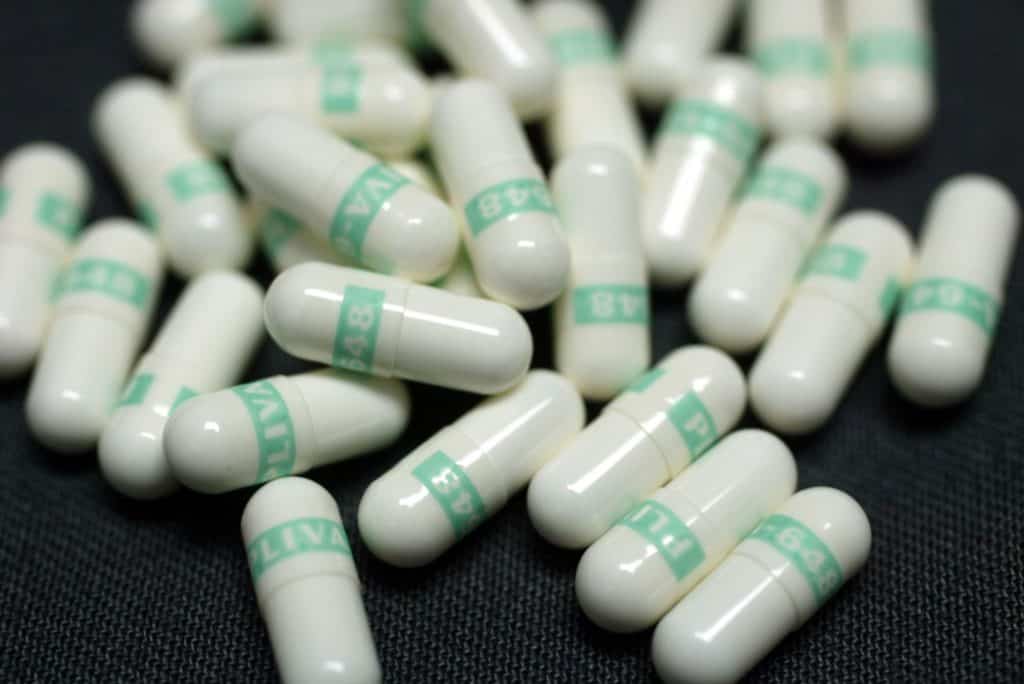ADHD Medicines Can Keep Teenagers Away From Suicides
Nikki Attkisson | Last Updated : June 10, 2021A recent study reveals that ADHD drugs may help reduce the risk of suicide in youngsters with major behavioral disorders.
ADHD Medicines Can Keep Teenagers Away From Suicides
Researchers discovered that drugs used to treat attention deficit hyperactivity disorder (ADHD), such as Ritalin and Adderall, were associated with a decreased risk of suicide conduct among 9- and 10-year-olds with significant externalizing symptoms.

Youngsters with high levels of ADHD hyperactivity symptoms were included, as were children with indicators of oppositional defiant disorder or conduct disorder.
According to the Centers for Disease Control and Prevention, children with oppositional defiant disorder are prone to furious outbursts, disputing with adults, and being resentful or spiteful. Those suffering from conduct disorder frequently act violently and breach social standards, such as stealing or harming property.
According to studies, children who act out in such significant ways are more likely to be suicidal, thinking, or trying suicide.
According to Dr. Ran Barzilay, senior researcher on the current study, it’s not entirely apparent why.
He believes that some of it are due to impulsivity, as well as social issues and other problems that such children encounter.
ADHD drugs are known to reduce impulsivity and other behavioral issues, according to Barzilay, an assistant professor at Children’s Hospital of Philadelphia’s Lifespan Brain Institute.
The question is if they can lessen suicidal behavior as well. While the new data do not prove this, they do indicate a link, according to Barzilay.
He believes they can now declare that children with significant externalizing symptoms who are treated with ADHD drugs have a decreased risk of suicidality.
That’s probably a side effect of the drug, according to Barzilay. However, it is plausible that those children had greater access to mental health treatment or had different home circumstances than children who did not take medication.
Barzilay emphasized that the majority of youngsters with these behavioral issues do not consider suicide and even fewer try it.
He’s not advocating putting Ritalin in people’s drinking water, he said. What he means is that these drugs may provide other benefits in addition to lowering externalizing symptoms.
That is another consideration for parents to consider when considering whether their child should begin medicine, according to Barzilay.
The findings, which were published online on June 4 in JAMA Network Open, are based on over 12,000 U.S. youngsters who are part of an ongoing brain development research. At the start, they were all around 9 or 10 years old.
At the time, 8.5 percent were using ADHD medication, and slightly fewer than 9 percent had considered or tried suicide.
Overall, Barzilay’s research discovered that children with externalizing symptoms were more likely to suicidal attempts than their peers.
However, a deeper examination revealed that this was confined to children who were not taking ADHD medication. They were 42% more likely to report suicide conduct than youngsters who did not exhibit externalizing symptoms. There was no higher risk among the children who were taking medication.
When researchers looked at children’s likelihood of reporting suicide conduct a year later, the results were comparable.
A pediatric psychologist who was not engaged in the study described it as “powerful.”
According to John Ackerman, a suicide prevention coordinator at Nationwide Children’s Hospital in Columbus, Ohio’s Center for Suicide Prevention and Research, it appears quite apparent that therapy is connected with fewer suicidal thoughts and actions.
Ackerman did underline that therapy entails more than just medication: behavioral therapy and initiatives to assist parents in managing behavioral disorders are also important.
Children with externalizing disorders may be at a higher risk of suicidality, according to Ackerman, since they lack critical supports such as friendships and other social ties, as well as positive reinforcement at school and home.
As a result, he believes it is critical to address the emotional and social background as well.
According to Barzilay, there is minimal evidence that ADHD drugs can reduce the risk of suicide in youth. However, investigations have suggested that this may be the case.
According to Barzilay, it is critical to keep track of this research group throughout time.
The National Institute of Mental Health and the Lifespan Brain Institute in the United States supported the study.
With over 15 years as a practicing journalist, Nikki Attkisson found herself at Powdersville Post now after working at several other publications. She is an award-winning journalist with an entrepreneurial spirit and worked as a journalist covering technology, innovation, environmental issues, politics, health etc. Nikki Attkisson has also worked on product development, content strategy, and editorial management for numerous media companies. She began her career at local news stations and worked as a reporter in national newspapers.